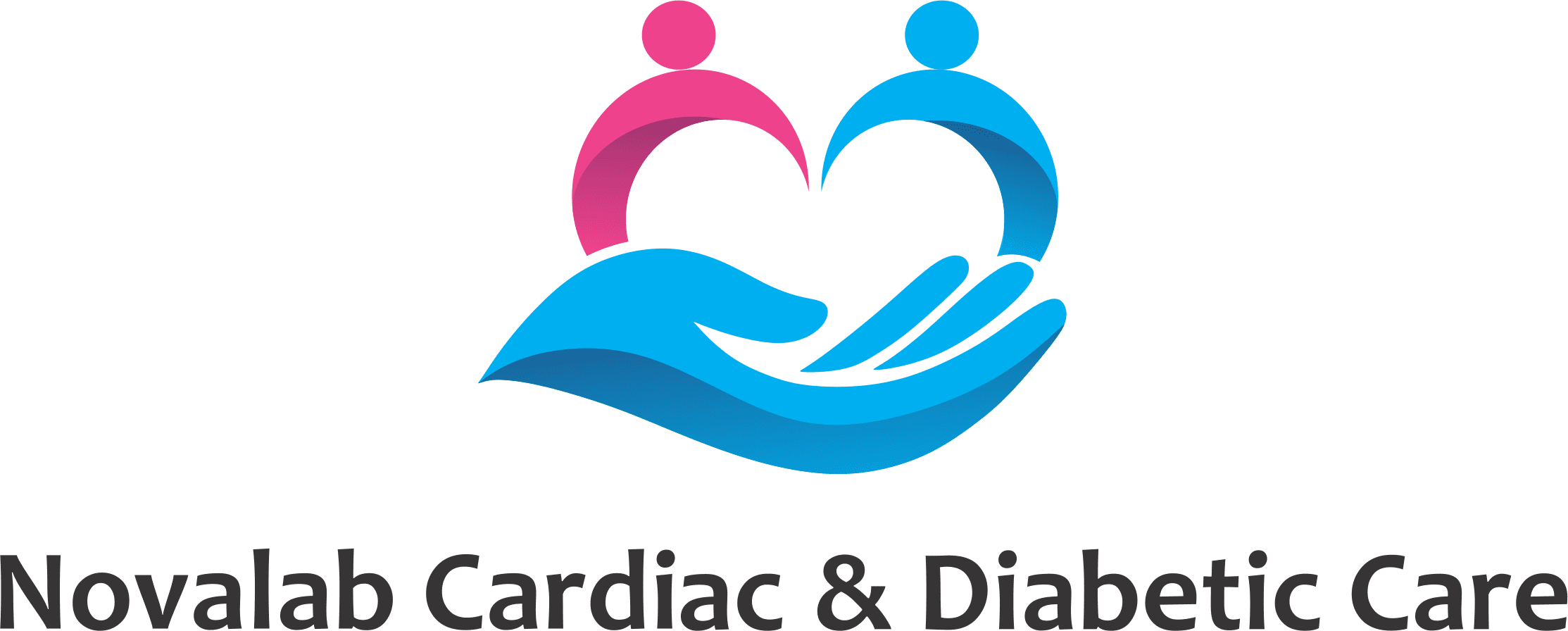
Telmisartan 80mg + Hydrochlorothiazide 12.5mg Tablet
July 1, 2024
Bisoprolol Fumarate 2.5mg Tablets
July 17, 2024Ticagrelor Tablets
₹5,040.00
TICADAZ-90
Ticagrelor Tablets
Ticagrelor is one of the antiplatelet medications that are mainly used to avert heart attack or stroke in individuals at high risk of heart disease. Ticagrelor prevents blood clots in individuals with acute coronary syndrome who have received stents in the blood vessels of their heart. A heart attack develops when a blood clot obstructs the flow of blood to the heart. This clogging of the arteries is usually a build-up of cholesterol, fat, and other matter, which builds up plaque in the coronary arteries that supply the heart. Symptoms of a heart attack are chest pain, pain in the upper body, sweating, nausea, weakness, and shortness of breath.
Ticagrelor is a blood thinner used to stop clots from forming in the blood vessels. Platelets are cells in the blood that clump together and clog up any cuts and breaks in blood vessels. But platelets can clump together within already narrowed blood vessels to create a clot in individuals who are at risk of a heart attack or stroke. The clot will prevent blood from reaching the heart or brain and lead to a heart attack or stroke.
Benefits:
- Ticagrelor is an antiplatelet (blood thinner) and has an important function of preventing the creation of dangerous blood clots in your blood vessels.
- Ticagrelor functions by stopping platelets from aggregating and hence reducing the development of dangerous blood clots.
- It prevents heart attack, stroke, and acute coronary syndrome (the heart does not get enough oxygen or blood) in heart disease patients and patients who have recently had heart surgery with a stent.
Uses:
Ticagrelor is for the prevention of heart attack and stroke, and unstable angina. It reduces the risk of experiencing another heart attack or stroke. It acts by inhibiting platelets from aggregating, thus reducing the occurrence of unwanted blood clots. This reduces the risk of a heart attack or stroke.
Directions To Use:
- Carefully read all the instructions before consuming this combination.
- Consume this medicine after the prescription of your healthcare expert.
- Do not break or chew this medicine.
- Drink plenty of water after consuming this medicine.
- You can consume this medicine with or without a meal, as your healthcare expert advises you.
Storage:
Store this medicine in a dry place or at room temperature. Never expose this medicine in front of direct sunlight. Keep this medicine away from the reach of children and pets.
Dosage:
Make sure to take this medicine exactly as your healthcare provider has instructed. Avoid taking more than the recommended dose, as doing so could lead to various side effects. Also, don’t stop taking this medicine suddenly.
Side Effects:
- Nausea
- Dizziness
- Vertigo
- Increased uric acid level in the blood
- Shortness of breath
- Gout
- Headache
- Blurred Vision
- Constipation
- Fainting
- Hypotension
- ECG changes
- Increased creatine phosphokinase (CPK) level in blood
Precautions:
- Ticagrelor can cause bleeding. Shave carefully, use sharp objects carefully, and be careful when cutting fingernails or toenails.
- Don’t stop taking the medicine without speaking with your doctor because this could increase your risk of having another stroke or heart attack.
- If you are undergoing a surgical procedure or dental intervention, you are likely to be requested to temporarily suspend Ticagrelor use.
- You can get shortness of breath during the first weeks of treatment. Inform your doctor if it gets worse or lasts longer.
- You have been prescribed Ticagrelor to prevent blood clots.
Frequently Asked Questions (FAQ):
Q. Can I consume alcohol while taking Ticagrelor?
Consuming too much alcohol while on Ticagrelor can irritate your stomach. This may raise your risk of developing a stomach ulcer. So, try not to consume alcohol while on this drug.
Q. What is the most significant fact I need to understand about Ticagrelor?
Ticagrelor is a blood thinner that reduces your risk of having or dying from a heart attack or stroke. But the blood-thinning action of Ticagrelor (and drugs like it) can result in dangerous bleeding and even death in certain situations. Surgery or blood transfusions can be necessary in severe bleeding, including internal bleeding.
| Packing | 10×14(Blister) |
|---|
Related products
-
Vidagliptin + Depagliflozin Tablets
₹2,500.00 -
Clopidogrel Tablets
₹780.00 -
Amlodipine and Atenolol Tablets
₹480.00





